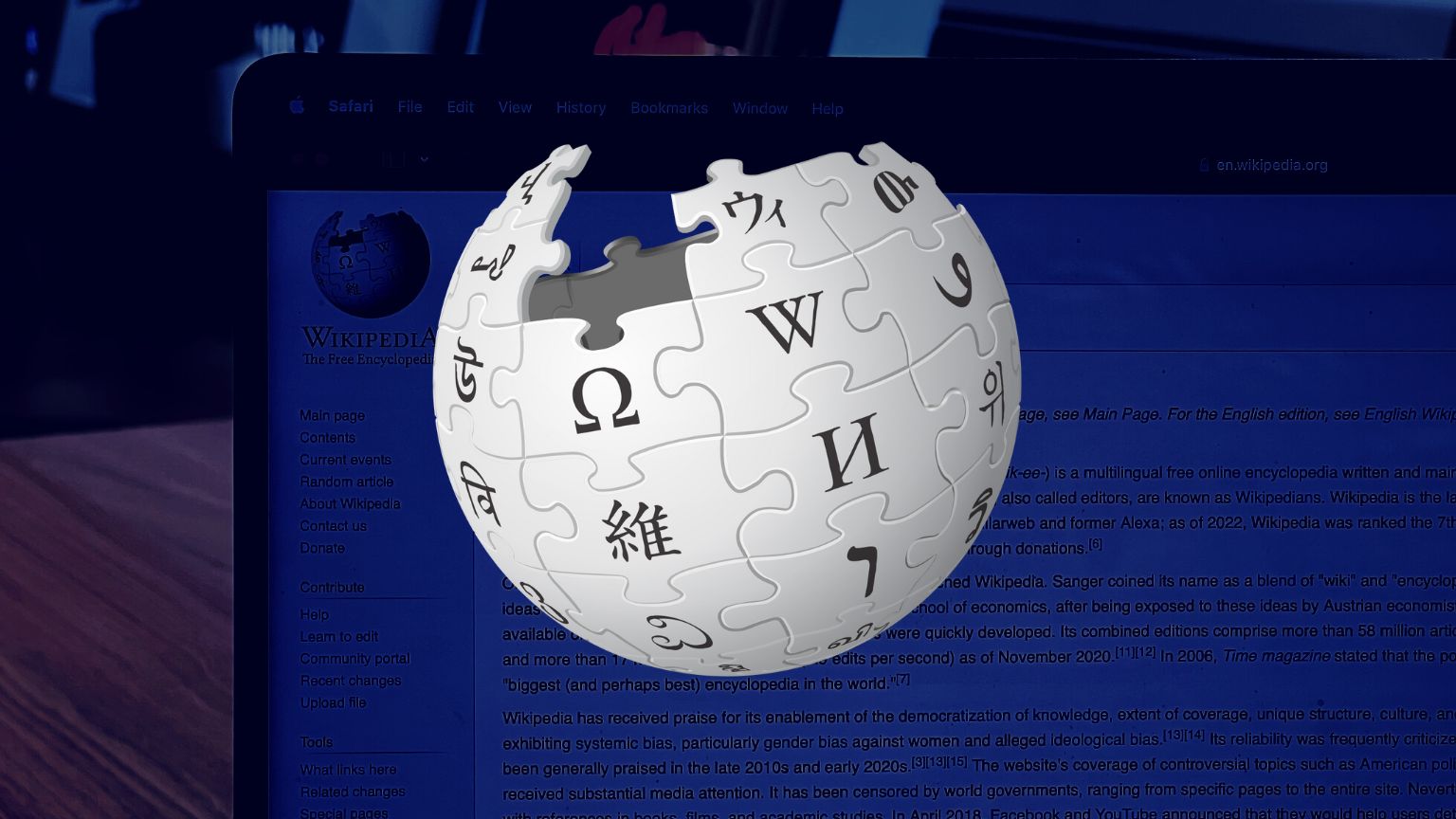Pakistan’s authorities have decided to block access to Wikipedia over the site hosting what they saw as blasphemous content.
Regional media outlets said that the exact reason for the ban, imposed by the Pakistan Telecommunication Authority (PTA) was not revealed, but that Wikipedia was on February 1 ordered to block or delete the objectionable content within 48 hours, or have access to it “degraded.”
Since the warning was ignored, the site got blocked. However, on Tuesday, reports said that Pakistan had a change of heart regarding its approach to blanket site banning, and was lifting the block.
The intervention came from Prime Minister Shehbaz Sharif yesterday, when he told the PTA to immediately restore access to Wikipedia. Sharif said in a statement that blocking the whole site in order to restrict access to content Pakistan objects to was “not a suitable measure.”
According to the statement posted on Twitter by Information Minister Marriyum Aurangzeb, “The unintended consequences of this blanket ban, therefore, outweigh its benefits.”
The same press release from the PM’s office stated that now a committee has been set up to look into the decision to ban the site, and into other issues concerning other online content.
The committee’s purpose is to find and recommend technical ways of dealing with content that is seen as socially, culturally, or religiously offensive.
The Wikimedia Foundation, that’s behind Wikipedia, initially reacted to the ban by saying it was on one hand preventing Pakistanis access to what it called “the largest free knowledge repository” and would, on the other, also prevent everyone from accessing information about Pakistan.
When the ban was lifted, the Wikimedia Foundation reacted by welcoming the decision and saying it allows people in Pakistan to benefit and participate in its mission – which it says is to “spread and share knowledge that is verified, reliable and free.”
Many reports about the ban, when it was imposed and after it was lifted, mentioned Pakistan’s “history” of censorship in the form of bans on sites, social media apps and games.
Ironically, Wikipedia and the Wikimedia Foundation are also frequently coming under criticism for promoting their own brand of censorship on the site itself, during the process of creating and editing that “verified, reliable and free knowledge.”













